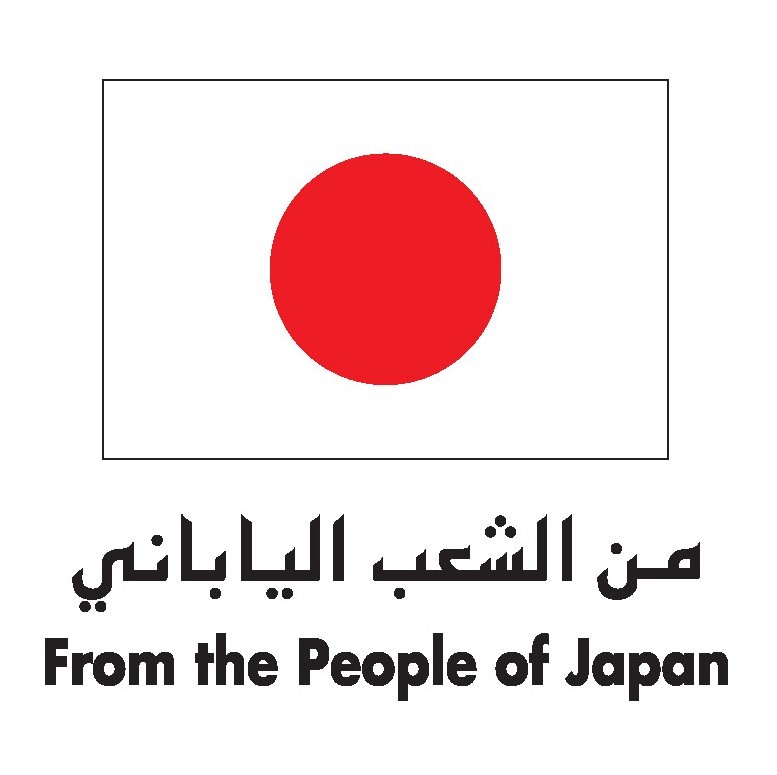 WHO and the Government of Japan have signed a US$10 million agreement to bolster the emergency health response in Gaza amidst the ongoing conflict. The agreement, signed by H.E. Ambassador Nakashima and Dr. Richard Peepepkorn, WHO Representative in the occupied Palestinian territory, aims to reach an estimated one million people with life-saving medical care.
WHO and the Government of Japan have signed a US$10 million agreement to bolster the emergency health response in Gaza amidst the ongoing conflict. The agreement, signed by H.E. Ambassador Nakashima and Dr. Richard Peepepkorn, WHO Representative in the occupied Palestinian territory, aims to reach an estimated one million people with life-saving medical care.
With only 30% of hospitals and 33% of primary health care centers partially operational, coupled with persistent shortages of medical supplies and equipment, and the expansion of military activities in Rafah, the health system is grappling to meet the surging health demands. The timely assistance from the Government of Japan will play a critical role in maintaining the functionality of health facilities by supplying essential medicines, medical equipment, and supplies, ensuring the continuity and scaling up of health care services for those in need.
Since the onset of the conflict more than 78,800 injuries have been recorded in Gaza, making trauma a key public health concern. Given this, the project will prioritize sustaining trauma and surgical care services, including for women and children by providing key health facilities with orthopedic and trauma care supplies and equipment. Support will also be extended to maintain vital health services such as communicable disease treatment and dialysis through resupplying hospitals and pre-positioning medications and medical supplies.
As the war grinds on, women and children remain among those most disproportionately affected. Lack of access to and disruption of health services has left thousands of pregnant women without adequate medical care exposing them and their newborn babies to risks of delivery complications, including infections during and after birth. Many hospitals are forced to discharge mothers only six hours after C-sections due to insufficient bed capacity for post operative care. Lack of food, hygiene, clean toilets, nutrition services, safe water and sanitary products are further compounding the crisis by exposing mothers and their children to hunger, dehydration and risks of disease.
Under this agreement, WHO will support in expanding emergency obstetric and neonatal care services by procuring and distributing sexual and reproductive health commodities, including midwifery and safe delivery supplies, medications, disposables, and equipment.
As Gaza continues to face catastrophic hunger, more than 31 patients, including 25 children have died due to diseases that were complicated by malnutrition. As part of the project, WHO will work to address this crisis by providing nutrition supplies to primary and secondary health facilities to support mothers and young children.
The project will also seek to enhance the integrated management of comprehensive sexual and reproductive health services, including detection and management of cases of gender-based violence as well as support in improving access to mental health and psychosocial support services.
WHO expresses gratitude to the Government of Japan for its vital support and enduring partnership, not only in the occupied Palestinian territory but also across the WHO Eastern Mediterranean Region. Since 2016, Japan's contributions have amounted to nearly US$160 million, primarily aiding emergency response and disease outbreak efforts across more than 11 countries in the Eastern Mediterranean region.


